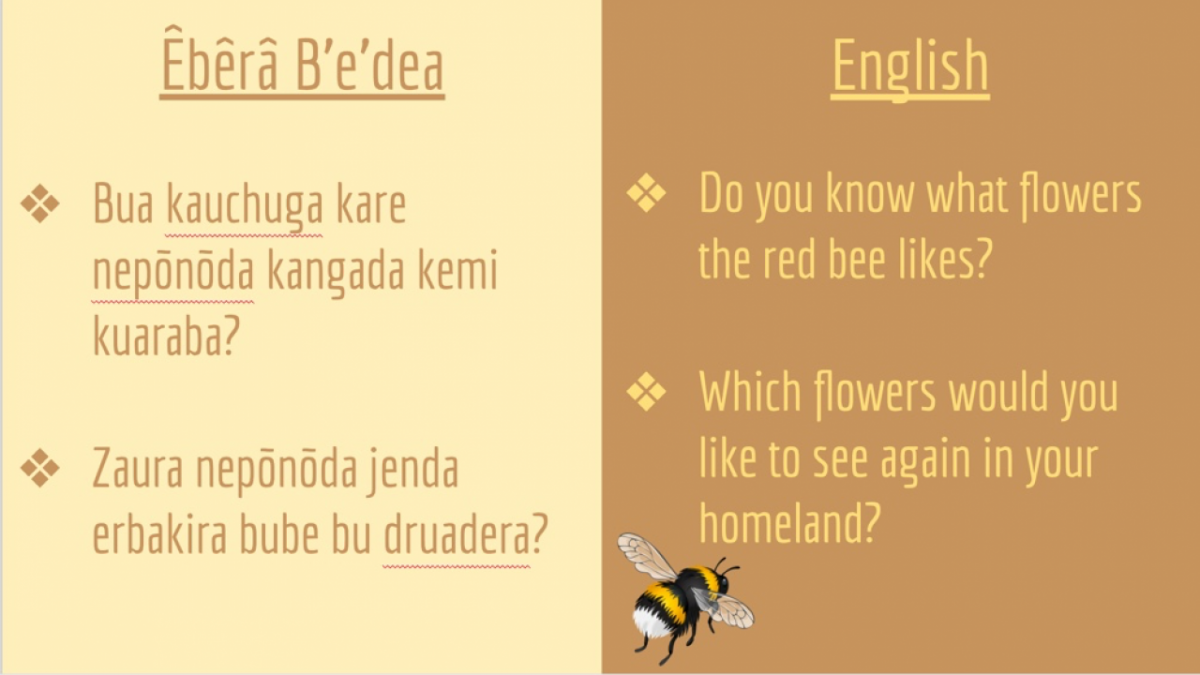Latin America and the Caribbean Spotlight: Graduate Students Explore Indigenous Languages
By Charles Walker, professor of history in the College of Letters and Science and faculty director of Global Centers for Latin America and the Caribbean in Global Affairs
COVID-19 dashed the plans of graduate students who had intended to do international research in the summer of 2020. Six UC Davis students who focus on Latin America, North America, and the Caribbean, however, developed productive alternative plans, immersing themselves in language training.
Funded by the UC Davis Hemispheric Institute on the Americas and the College of Letters and Science, two graduate students studied Haitian Creole and four graduate students studied Indigenous languages, Embera (Colombia), Nahuatl (Mexico), Quechua (Peru and Ecuador), and Unangam Tunuu (Unangax language, Alaska).

Dante Barksdale, a Ph.D. candidate in History, took Haitian Creole through Florida International University. He enjoyed the sections on Haitian culture but never quite accustomed himself to the 9 a.m. Eastern time start.
Haliehana Stepetin, who is pursuing a Ph.D. in Native American Studies, worked with Mr. Moses Dirks on Unangam Tunuu. Together they created teaching material for this endangered language of Alaska.
Another Ph.D. student in Native American Studies, Alejandra Cano, immersed herself in Êbêrâ Β'e'dea of the Embera people of Colombia. Zoom and FaceTime could be challenging but she and her instructor did their to best to "to make the virtual experience as embodied as possible."

Joel Calixto, who is pursuing a Ph.D. in History, studied Nahautl, the most widely spoken Indigenous language in Mexico today, through the University of Utah’s Summer Intensive Language and Culture Program. Every day the students translated Nahuatl documents and discussed Indigenous cultural practices. For example, they learned about the cultivation of maiz.

French Ph.D. candidate Rashana Lydner took a similar course from the University of Massachusetts, Boston. Her dissertation examines Jamaican dancehall music in the French creole speaking Caribbean and so the language training will be essential.
Carlos Tello, a Native American Studies Ph.D. candidate, studied Quechua at Centro Tinku, based in Cuzco, Peru. While the course normally includes field trips, the instructor made sure to have guest lectures and discussions about contemporary Quechua culture.
All six students expressed their satisfaction in turning the "summer of COVID" into a productive one.
